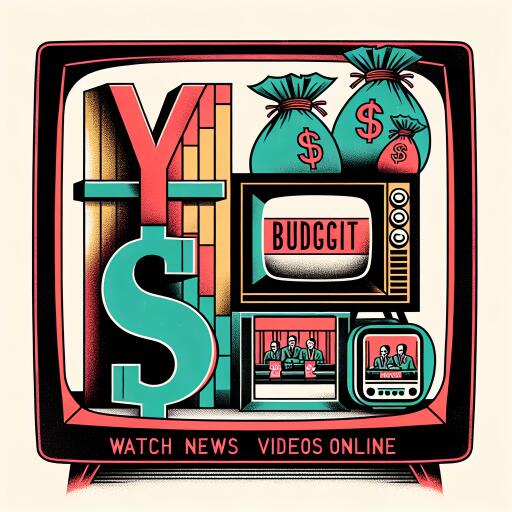B.C. Budget 2024: Big Deficits with Big Spending
The British Columbia government has unveiled its budget for the year 2024, earmarking over $6 billion in new spending initiatives that aim to address a variety of economic and social concerns facing the province. One of the highlights of the budget is the introduction of a new B.C. Hydro rebate, designed to alleviate some of the financial pressures on residents. Additionally, in a move to tackle the hot housing market, the government has announced a tax on real estate ‘flipping’, a strategy employed by investors to make quick profits by selling properties shortly after purchasing them.
This ambitious financial plan has received a polarized response from various sectors within the province. Union leaders across British Columbia have largely come out in support of the budget, praising the government’s commitment to significant expenditure that promises to advance public services and infrastructure. This investment is seen by many as a necessary step to maintain and enhance the quality of life for all British Columbians.
Conversely, the reaction from the opposition has been one of criticism and concern. Kevin Falcon, the opposition leader, has labelled the budget as “reckless and inflationary”, arguing that such substantial spending could exacerbate the province’s financial challenges rather than solving them. Falcon’s comments reflect a broader concern among critics, who worry that the budget’s deficit spending may lead to long-term economic instability.
The divergent views on the B.C. government’s 2024 budget underscore the complex nature of fiscal policy and economic planning in the face of uncertain times. While some see the budget as a necessary boon to stimulate growth and address crucial issues, others caution against the potential risks of increasing the provincial debt.
As British Columbia navigates the fiscal year ahead, the impact of this budget will undoubtedly be closely monitored by residents, economists, and policymakers alike. The government’s gamble on big spending brings with it the hope of substantial social and economic benefits, but only time will reveal the full consequences of these financial decisions.
